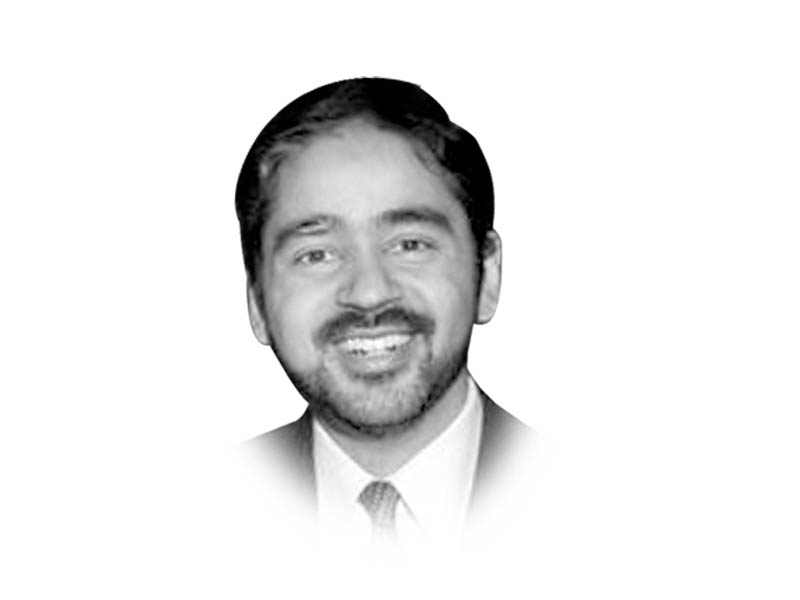
That was 1988. Fast forward this to 2016 and while we seem to know a lot more about cancer as a disease globally, and in many cases have made substantial progress, our national effort remains nascent. The public perception of the disease is poor, the emphasis on scientific understanding is weak and rigorous research that is centred on understanding factors contributing to cancer in Pakistan are not particularly noteworthy. The efforts of Shaukat Khanum on this front are both inspirational and noteworthy, but in a country of nearly 200 million, Shaukat Khanum alone is not going to solve the problem. They neither have the resources, nor infrastructure to look at the problem on a truly national scale. The same could be said about the efforts of Aga Khan Hospital, which are outstanding given the research climate. Yet neither Shaukat Khanum, nor Aga Khan have the policy mandate to create awareness, set national priorities and assemble stakeholders to address our challenges.
Speaking of challenges, there are several low lying fruits that ought to be within our reach. Pakistan, despite being the sixth-largest nation in terms of population and one with a fairly high burden of disease (particularly in the Northwestern tribal belt) has no national cancer registry. This is unacceptable and appalling. The various databases that the officials in the government point to are fragmented, severely outdated and neither accessible, nor trustworthy. The epidemiological understanding of disease, early detection possibilities and barriers to access have never been studied. Some of the genetic basis of the disease is being studied by foreign agencies and research groups, but they are not going to be comprehensive. Similarly, we have no functioning national cancer research society or any regular research meetings to discuss the findings of research, clinical work or policy suggestions. Without a forum to discuss where we are and where we ought to be, there will not be much progress.
Cancer is not just about a disease, it is also an opportunity to inspire and take an aim at a problem, that is both uniquely personal and quintessentially global. In nearly every research meeting on biological sciences in Pakistan, a sizeable group of talented, motivated and determined young researchers talk about their research on cancer and their passion for creative solutions. But if one asks them how they anticipate converting their research results to clinical success, they are at a loss. Most of them have never interacted with a cancer specialist, or met an oncologist, or been to a national meeting dedicated to cancer challenges.
Eid is a time to celebrate and connect, but also to strengthen and cherish the bonds of family whilst creating a healthier society for everyone. At the same time, it is a tremendous opportunity to reflect on how to we may be able to keep the families together and healthier to the best of our abilities. The choices and opportunities are certainly within our aspirational grasp and most certainly within our moral reach.
Published in The Express Tribune, September 13th, 2016.
Like Opinion & Editorial on Facebook, follow @ETOpEd on Twitter to receive all updates on all our daily pieces.



1724302092-0/Taylor-Swift-(3)1724302092-0-165x106.webp)







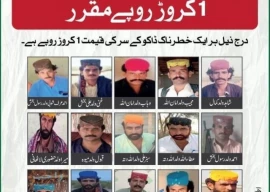
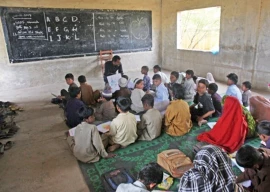
1724498890-0/Untitled-design-(2)1724498890-0-270x192.webp)
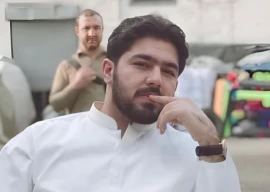
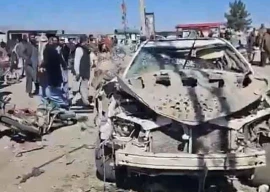
1724394882-0/Thumbnail-Template-(2)1724394882-0-270x192.webp)

COMMENTS (2)
Comments are moderated and generally will be posted if they are on-topic and not abusive.
For more information, please see our Comments FAQ